 SPEAKERS
SPEAKERS
 TOPICS
TOPICS
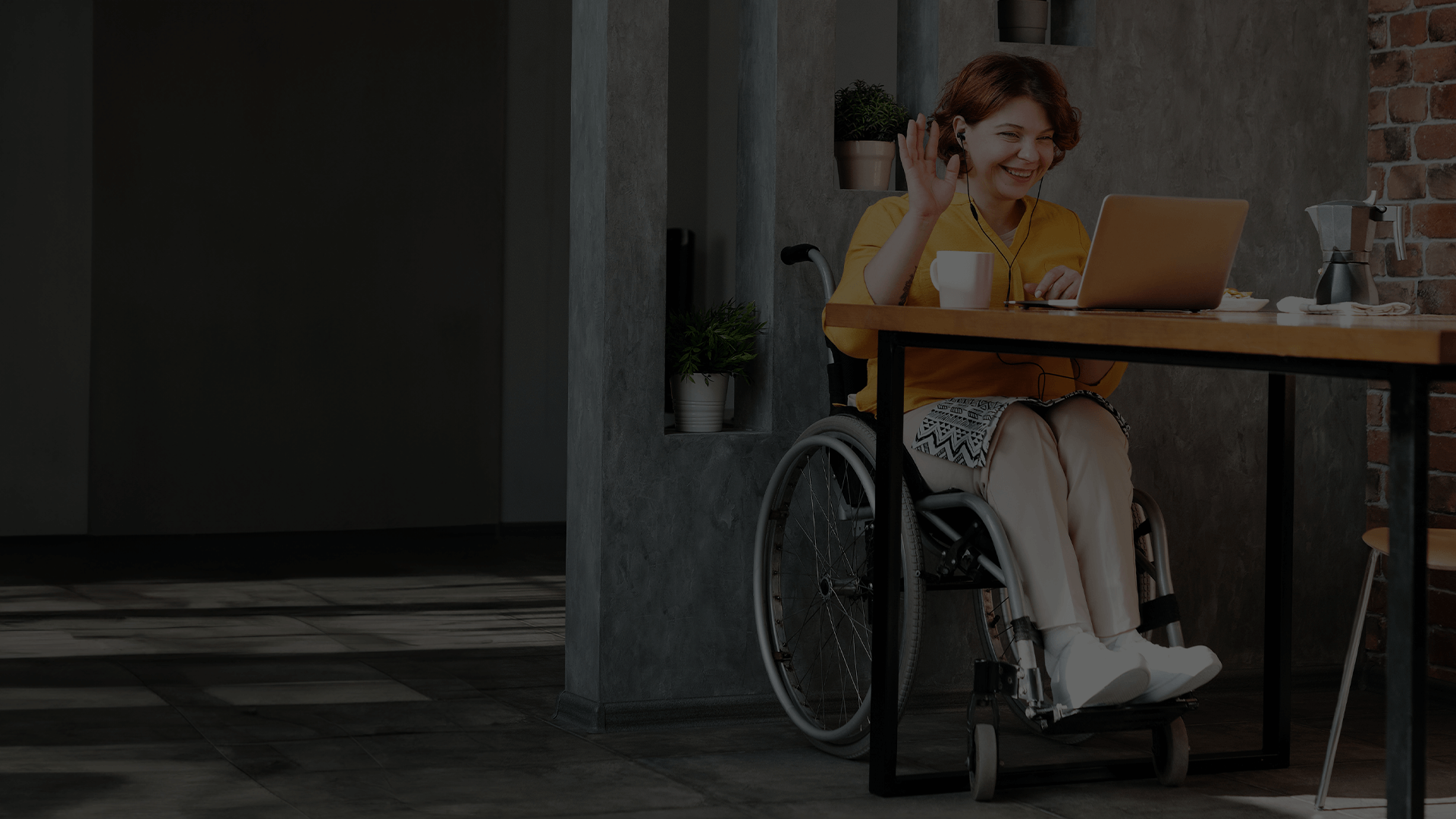
We represent influential and inspiring Disability Awareness Speakers who are known worldwide. Browse through Speaker Agency speakers and get in touch!
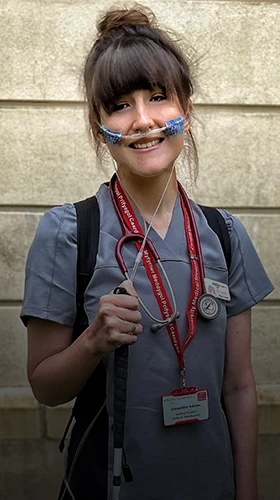
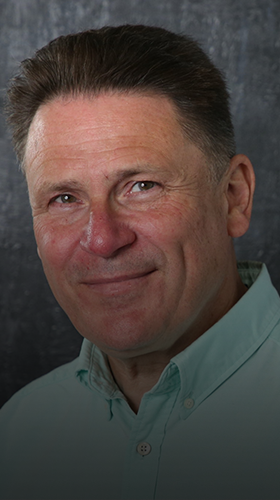
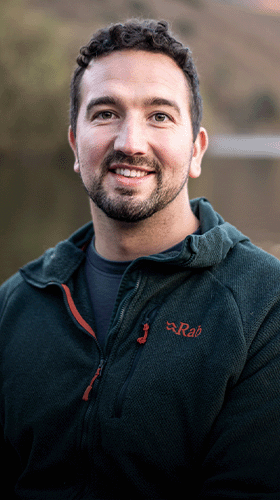
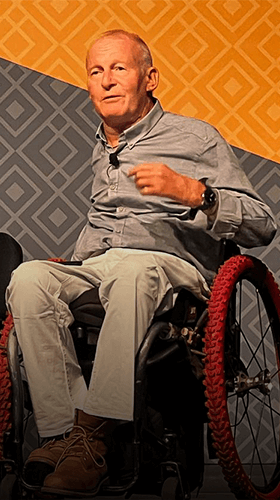
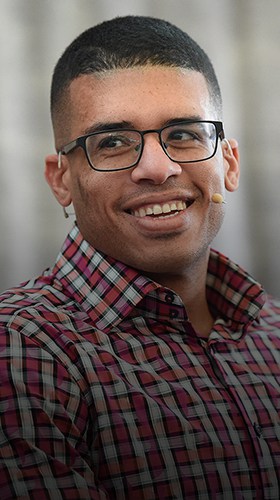


Welcome to a discourse that delves into the vital domain of public communication about disability. In a world that thrives on diversity, it is paramount that we engage in inclusive dialogue. We should acknowledge the experiences and challenges of individuals with disabilities. Let us embark on a journey to explore the significance of addressing disability in public communication.
We will unravel the myths, stereotypes, and biases that often shroud this topic. By the end of this exploration, we hope to foster a greater understanding of disability, promote empathetic communication, & empower readers. This will help us to contribute to a more inclusive society where every voice is heard and valued.
To embark on the journey of fostering inclusive public communication, it's imperative to begin with a clear understanding of disability. Disability, in its various forms, encompasses a broad spectrum of conditions, impairments, and challenges that can affect an individual's physical, sensory, cognitive, or emotional abilities. It's essential to recognize that disability is not a one-size-fits-all concept- it varies greatly from person to person. Understanding this diversity within the disability community is pivotal in promoting empathy and respect.
While the medical model of disability has traditionally viewed it as a deficiency, a more modern perspective is referred to as the social model of disability. It emphasizes that disability is not solely a result of an individual's impairments but is shaped by societal barriers and attitudes. This shift in perspective highlights the importance of addressing not only the physical or cognitive aspects of disability. It is also the social and environmental factors that can either facilitate or hinder full participation in society.
By acknowledging the complexity of disability and adopting an inclusive approach to communication, we can dismantle preconceived notions and stereotypes, creating a more welcoming and equitable world for individuals with disabilities. It is within this understanding that we lay the foundation for meaningful dialogue and effective advocacy for disability rights and inclusion in all aspects of life.
Inclusive communication is not a choice but a moral and societal imperative. It arises from the recognition that exclusion, not only denies people their rights but also limits society's collective potential. Inclusion fosters a sense of belonging, equal participation, and shared responsibility, enriching our communities and institutions.
By embracing inclusive communication, we not only empower individuals with disabilities but also advance the cause of diversity, equity, and social justice. It is a call to action for a more compassionate and equitable world. A world where every voice is not only heard but valued. A world where barriers crumble to reveal a more inclusive and vibrant society for all.
Challenging and dispelling myths and stereotypes about disability is a critical step in promoting understanding and empathy. Common misconceptions often lead to stigmatization and discrimination. Myths that portray individuals with disabilities as helpless not only perpetuate negative stereotypes. They also undermine their capabilities and contributions.
By presenting facts, personal stories, and real-world examples, we can break down these misconceptions and showcase the diverse talents and strengths of the disability community. By recognizing and challenging these biases, we can pave the way for a more inclusive society. A place that values the unique perspectives that individuals with disabilities bring to our communities and workplaces.
The use of language and terminology is a powerful tool in promoting respectful and inclusive communication about disability. It's crucial to choose words and phrases that prioritize the dignity and agency of individuals with disabilities. Person-first language, which emphasizes the person before their disability, is widely accepted.
Avoiding derogatory or offensive terms and refraining from using disability-related words as insults also contributes to a more inclusive discourse. Language plays a central role in shaping attitudes and perceptions, so adopting respectful terminology is an essential step. This would be the first step to creating a society that values and respects the diverse experiences and identities of individuals with disabilities.
Ensuring accessibility in communication is a fundamental aspect of inclusive dialogue about disability. It encompasses a wide spectrum of considerations, from making digital content, documents, and websites accessible to providing sign language interpreters and captions in videos. These efforts are vital to remove barriers that might otherwise exclude individuals with disabilities from accessing information or participating fully in discussions.
Accessibility isn't a legal requirement- it's a commitment to inclusivity. By prioritizing accessibility in our communication, we create an environment where everyone, regardless of their abilities, can engage, contribute, and benefit from the wealth of information and opportunities available in today's interconnected world.
Representation in media holds immense influence over public perceptions of disability. Authentic and diverse portrayals of individuals with disabilities are crucial for dispelling stereotypes and fostering empathy. When media accurately reflects the disability community's experiences, challenges, and achievements, it promotes a more inclusive society.
Encouragingly, we've seen positive shifts in recent years, with more disabled actors and characters featured in movies and TV shows. In advertising and marketing, campaigns featuring individuals with disabilities showcase their talents and abilities, challenging conventional beauty standards. By championing authentic representation in media, we contribute to changing societal attitudes and fostering a more inclusive and accepting environment for individuals with disabilities.
It plays a pivotal role in advancing disability awareness and fostering an inclusive society. In schools and educational institutions, it is essential to incorporate disability awareness programs into curricula. These programs not only provide students with a deeper understanding of disability but also promote empathy and respect. Additionally, educational institutions should strive to create inclusive environments that accommodate the diverse needs of students with disabilities, ensuring equal access to education.
Beyond formal education, ongoing workshops and training for teachers, staff, and administrators are instrumental in promoting inclusive practices. Education, at its core, has the power to shape future generations' perceptions, attitudes, and actions, making it a cornerstone in the journey toward a more inclusive and empathetic society.
Navigating the path of disability awareness and inclusion in public communication presents both challenges and encouraging progress. Challenges include persistent stereotypes, systemic barriers, and varying degrees of awareness. Addressing these hurdles requires ongoing commitment and collaboration across society. However, the progress achieved in recent years is evident.
There is a growing global movement advocating for disability rights, inclusive policies, and representation. Digital accessibility standards are becoming more widely recognized, making online content more inclusive. By acknowledging these challenges and celebrating progress, we can chart a course forward with optimism, knowing that inclusive communication and a more equitable society are within reach.
Our exploration of public communication about disability underscores the critical importance of fostering inclusivity, understanding, and empathy in our society. As we reflect on this journey, it's evident that the path to a more inclusive world begins with awareness, respectful language, and the dismantling of stereotypes.
We draw inspiration from esteemed disability experts such as David Constantine MBE, Chris Moon MBE, and Alexandra Adams. Their tireless advocacy and expertise have illuminated the way forward. Their unwavering commitment to breaking down barriers and advancing the rights of individuals with disabilities serves as a beacon of hope.
While challenges persist, the progress we've witnessed in recent years is cause for optimism. Society is increasingly recognizing the importance of accessibility, representation, and education. By championing inclusive communication, we can create an environment where every individual, regardless of their abilities, is valued and embraced. As we move forward, let us heed the wisdom of these disability experts and continue the journey toward a world where inclusivity is the norm.